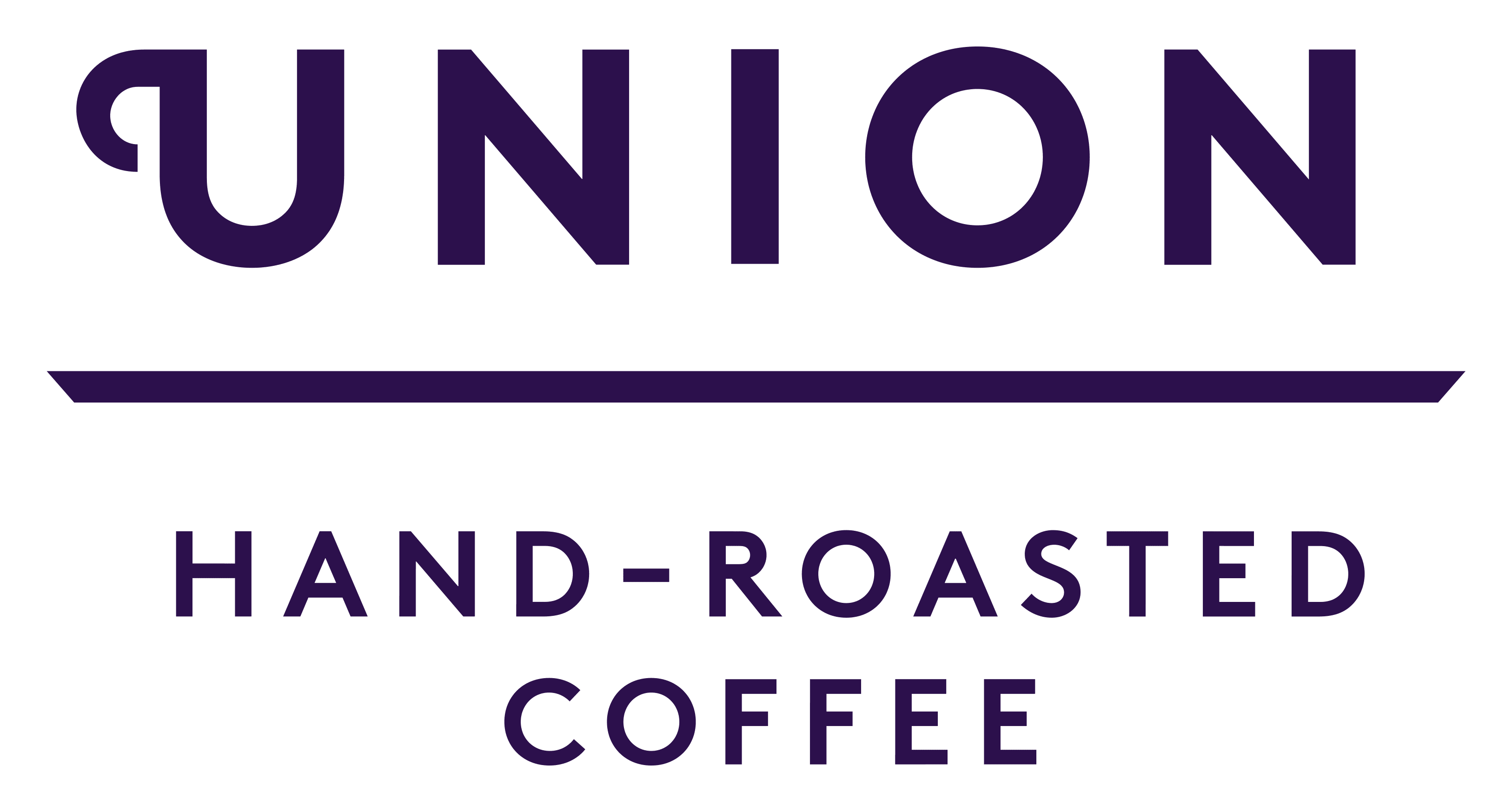First Published - September 27, 2018 (By Steven – Co-Founder, Director of Coffee)
Back in August 2018 the world market price for coffee dropped below 1 US dollar for the first time in 12 years. Today the price is slightly above one dollar but commodity coffee prices have been low for several months and if prices continue to stay low this could have a devastating effect on many coffee producing communities around the world.
Does this have an impact on how Union buys coffee?
At Union, we buy Specialty coffee which does not follow the pricing trend of the NY Commodity market. Specialty grade coffee pricing depends on several aspects – but mostly the cost of production (by country) and the quality differential. Also simple fundamentals of market supply and demand will influence the price. To produce speciality coffee takes particular skill and hard work; which is very different from Commodity production.
We source our coffee through our initiative called Union Direct Trade which is built on long-term relationships with coffee producers who grow high-quality specialty coffee and is demonstrated by the fair prices we pay. In 2017, our most recent year of analysis, these averaged 50% above the Fairtrade minimum price. Our approach is about negotiation and conversation with farmers to determine what price they are offering their coffee. They have to cover their cost of production, invest in their farm and provide for their families, but also commercially realistic on what we can afford to pay.
Underpinning this is our commitment to sustainability. Ethical trade is not like carbon offsetting schemes; you cannot compensate harm done at one place in your supply chain by implementing a project at another place. You cannot pay sustainable prices one year and then low prices another year. Union Direct Trade is about consistency and about recognising the value of their coffee so that farmers can cover their cost of production. At Union, we believe that farmers should be respected and receive fair and sustainable prices for the quality of coffee they produce, irrespective of what happens with the world commodity market. If this world market price increases, farmers producing specialty coffee will also get the further benefit of this increase.
At Union, our coffee buyers spend time each year visiting coffee growers, getting to know the farmers, and their farm-workers. We ensure responsible purchasing practices are followed. Sourcing ethically helps to sustain coffee farmers and strengthen their communities, and guarantees we have a supply of high-quality coffee for our customers.
What are the implications for coffee producers who grow commodity coffee?
If prices continue to stay low for long periods the effects will be devastating. Previously we saw how families suffered significant poverty and poor nutrition. It led to extreme situations where families were forced to abandon coffee production, either to grow other crops or sell their land.
Will the low prices have a knock on effect on the quality of coffee in the coming years?
A coffee tree takes three to four years to mature to full productivity, which is a relatively long-term investment made by the farmer. But with prices so low, farmers will stop investing in their coffee trees, which mean little or no fertilizer will be applied. Farmers will not have the resource to combat pest that attack coffee, making trees weaker and become more prone to disease which will effect the quality of the harvest – if indeed farmers will have anything to harvest at all.
We purchase high-quality specialty coffee to supply to those who share our vision – who want to enjoy the flavour characteristics from coffee at this level of quality, but also understand the costs required to produce this coffee will determine the price. And it gives us confidence that we can look forward to have continuity of supply, for the long-term.
With thanks to Pascale for helping write this piece


